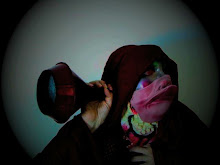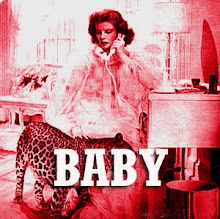On a été trop horizontal, j'ai
envie d'étre vertical. -- Léon Paul Fargue.
In a world ruled by the hypnosis of positivism, we proclaim the autonomy of the poetic vision, the hegemony of the inner life over the outer life.
We reject the postulate that the creative personality is a mere factor in the pragmatic conception of progress, and that its function is the delineation of a vitalistic world.
We are against the renewal of the classical ideal, because it inevitably leads to a decorative reactionary conformity to a factitious sense of harmony, to the sterilisation of the living imagination.
We believe that the orphic forces should be guarded from deterioration, no matter what social system ultimately is triumphant.
Esthetic will is not the first law. It is in the immediacy of the ecstatic revelation, in the a-logical movement of the psyche, in the organic rhythm of the vision that the creative art occurs.
The reality of depth can be conquered by a voluntary mediumistic conjuration, by a stupor which proceeds from the irrational to a world beyond a world.
The transcendental 'I' with its multiple stratifications reaching back millions of years is related to the entire history of mankind, past and present, and is brought to the surface with the hallucinatory irruption of images in the dream, the daydream, the mystic-gnostic trance, and even the psychiatric condition.
The final disintegration of the 'I' in the creative act is made possible by the use of a language which is a mantic instrument, and which does not hesitate to adopt a revolutionary attitude toward word and syntax, going even so far as to invent a hermetic language, if necessary.
Poetry builds a nexus between the 'I' and the 'you' by leading the emotions of the sunken, telluric depths upward toward the illumination of a collective reality and a totalistic universe.
The synthesis of a true collectivism is made possible by a community of spirits who aim at the construction of a new mythological reality.
Hans Arp, Samuel Beckett,
Carl Einstein, Eugene Jolas,
Thomas McGreevy, Georges
Pelorson, Theo Rutra, James
J. Sweeney, Ronald Symond














No comments:
Post a Comment